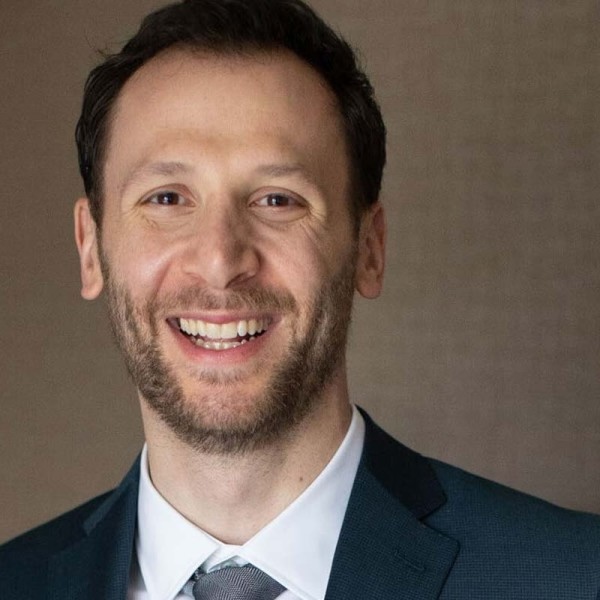Zygosity of Mutations in Tumor Suppressor Genes as Biomarker of Response to Therapy
The classical two-hit hypothesis posits that loss of both alleles of tumor suppressor genes (TSGs) is obligate for tumor initiation. However, in the five decades since the hypothesis was postulated, aside from a select few genes, the extent to which most of the >200 TSGs identified to-date adhere to the two-hit model is not known. Efforts to-date have been impeded by the lack of large deeply sequenced matched tumor-normal sequencing cohorts together with analytical methods to evaluate allelic-status (referred to as zygosity) at scale. In our preliminary analysis of ~20,000 tumors, we find evidence that biallelic inactivation of TSG mutations is far from universal, and varies by both gene and cancer type. Our findings of allelic heterogeneity among TSG mutations highlights a critical unmet need in the scientific community for a pan-cancer atlas of TSG mutations and their zygosity patterns that will enable new biological understanding of disease etiology. Moreover, we find evidence that allelic status of TSG mutations are predictive of distinct outcomes to standard of care therapies suggesting that zygosity is an unrecognized class of predictive biomarker. We therefore hypothesize that understanding the patterns of selection for biallelic inactivation can enable new discovery into the underlying biology of tumor progression, metastasis, re-interpretation of variants of unknown significance (VUS), and ultimately, translational biomarker discovery. We propose to leverage our growing clinico-genomic and matched tumor-normal sequencing cohort of >110,000 tumors to deeply interrogate these questions. Using our institution’s automated and harmonized oncologic real-world dataset (MSK-CHORD), we will identify lines of treatment data from medical records and natural language processing (NLP) derived inference of disease progression to construct specific retrospective cohorts of patients treated with standard of care treatments and evaluate how tumor suppressor zygosity influences response to treatments.


